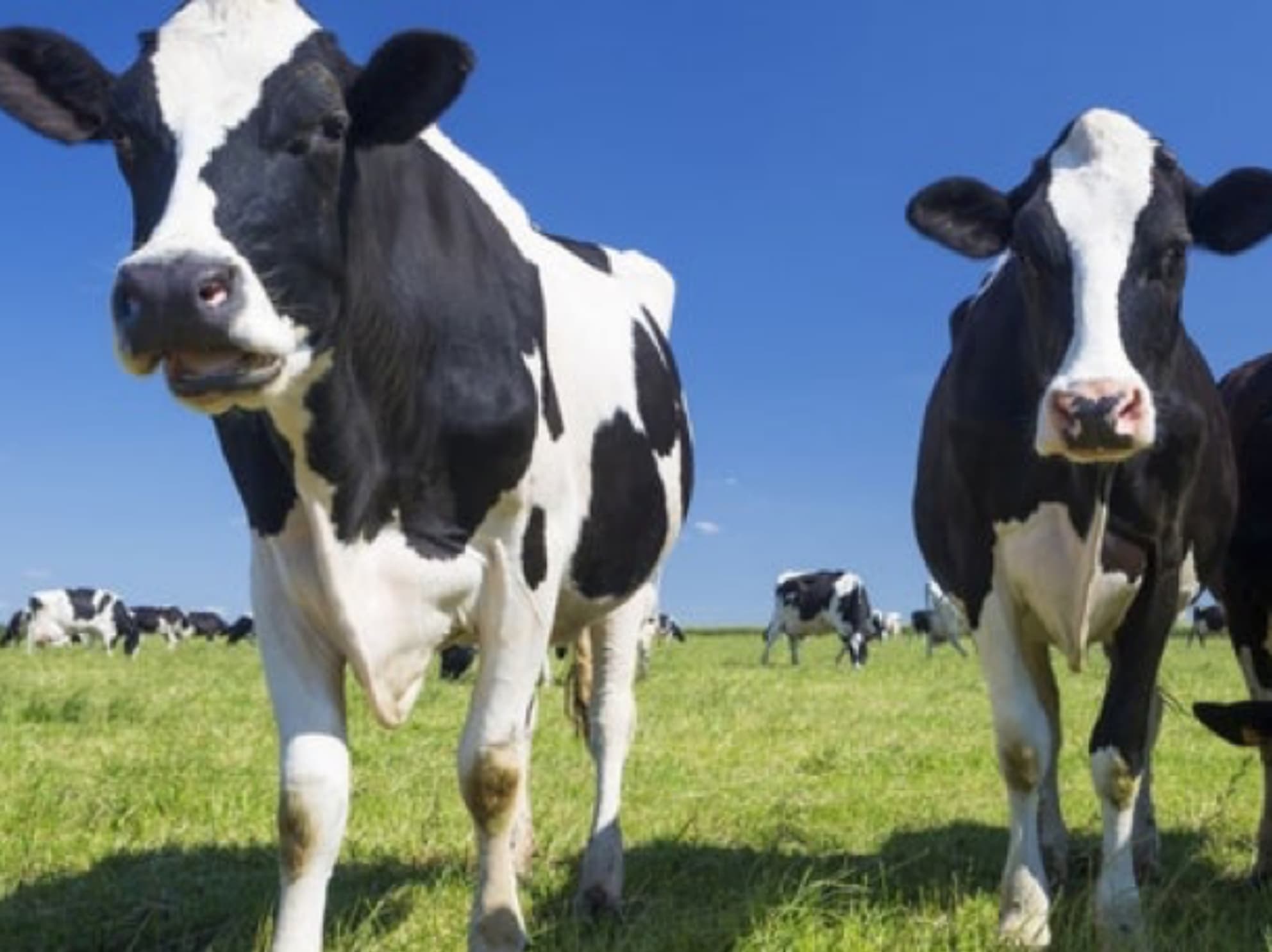
Sustainably sourced ingredients
Dairy delivers creamy goodness and rich flavor to foods that many consumers love. That’s why milk is a key ingredient in yogurt and other General Mills products.

We know consumers are increasingly interested not only in where their food comes from but how it is grown and by whom. We share consumers’ desire for transparency about what goes into our products.
‘Treat the World with Care’ is a core belief at General Mills.
For our Sourcing team, this means we work to create supply chain resiliency and enable growth by protecting and conserving the raw material base our businesses depend on. For these reasons, we made a commitment in 2014 to sustainably source our top ten priority ingredients by 2020.
Today, we sustainably source 91% of the raw fluid milk we purchase in the U.S. and are on track to meet our goal of 100% by the end of 2020 (the calendar year).
Sustainability impact from farm to production facility
We couldn’t achieve this commitment without the hard work of dairy farmers.
Like row crops, milk is a resource-intensive ingredient. The cows that produce the milk we use in our products have an impact on the environment.
They’re big animals that eat and drink a lot, but it’s what happens afterward that poses the biggest sustainability challenge. It turns out that cows burp a lot, and when they do, they release methane gas that contributes to greenhouse gas (GHG) emissions, as does cow manure.
Organic farming relies on different types of fertilizers and soil management practices to reduce carbon emissions.
Since 2016, we have been working with Organic Valley, the largest organic cooperative in the U.S., to help conventional dairy farms transition to certified organic. Through our sourcing partnership with Organic Valley, General Mills uses milk and cheese from these organic farms in select products including Liberte brand yogurt and Annie’s Mac & Cheese.
These issues aren’t new, and we are collaborating with the farmers and dairy cooperatives in our supply chain to address them.
Using a tool called the FARM Environmental Stewardship Module (FARM stands for “Farmers Assuring Responsible Management”), they are able to collect data from individual farms and calculate sustainability impact from the farm to the production facility.

What do we do with all that data?
We meet annually with our milk suppliers and the dairy farmers who participate in those co-ops to review results and discuss how to make improvements in areas like crop production, animal feed and manure management.
Each farmer is able to compare the metrics from their farm to the group average and share ideas for changes to improve environmental sustainability and as a group, we review best practices and discuss how they influence outcomes.
We discuss topics like soil health and how it affects the crops farmers grow to feed their cows, the results of some energy efficiency audits and areas for environmental sustainability improvement.
Our efforts have been recognized by the dairy industry. In May 2019, General Mills and Foremost Farms, a supplier to our yogurt production facility in Reed City, Michigan, together received the Outstanding Dairy Supply Chain Collaboration Award from the Innovation Center for U.S. Dairy.
The annual award honors farms, businesses and partnerships whose practices improve the well-being of people, animals and the planet. General Mills and Foremost Farms were commended for bringing together a network of 16 dairy farmers to assess and implement sustainability improvements using the FARM model.
The farmers achieved a combined GHG reduction of 11% over a three-year period, outperforming national and regional benchmark averages.

“Sustainability is a collective responsibility. It begins on the farms of our member-owners and extends to our employees, plant towns, customers, trade associations and business partners. We share expertise and focus on creating innovative solutions that solve our sustainability challenges and grow our business and industry the right way. We are happy to support General Mills’ sustainability commitments by supplying milk from farms pursuing continuous environmental improvement.” – Michael Doyle, President and CEO, Foremost Farms USA
In addition to caring for the environment, General Mills also has a strong commitment to animal welfare. We have long worked to support the humane treatment of animals in agriculture.
Our Animal Welfare Policy includes our support for the “five freedoms” for all animals globally across our supply chain: freedom from hunger, thirst and malnutrition; freedom from discomfort; freedom from pain, injury and disease; freedom from fear and distress; and freedom to engage in normal patterns of animal behavior.
Advancing the sustainability of milk production is the right thing to do. It’s important to us, to dairy farmers, to our suppliers and to the people who enjoy our products. We will keep working together to ensure continuous improvement.
